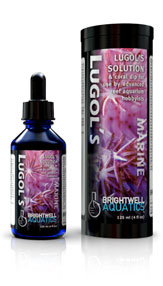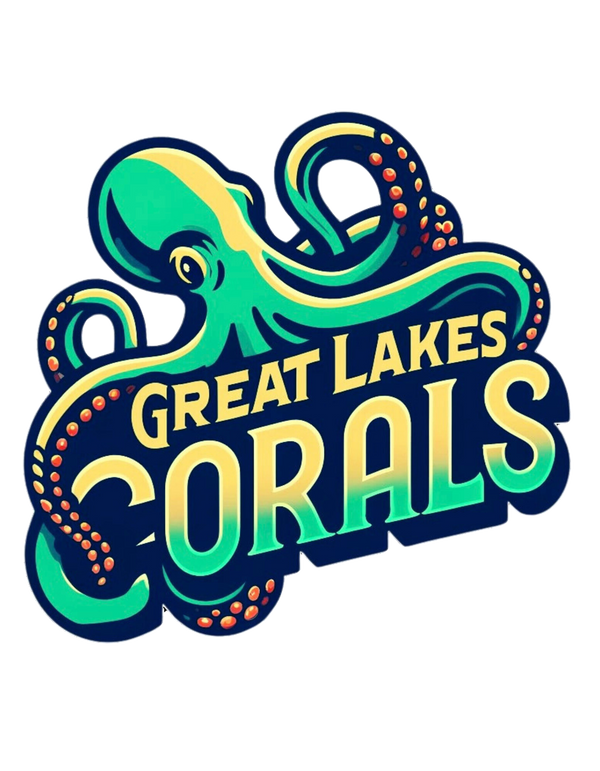1
/
of
1
Great Lakes Corals
Lugol’s Solution -Brightwell
Lugol’s Solution -Brightwell
Regular price
$18.44 USD
Regular price
Sale price
$18.44 USD
Unit price
/
per
Shipping calculated at checkout.
Couldn't load pickup availability
Brightwell’s Lugol’s Solution is a unique iodine supplement designed specifically for advanced reef aquarists. This powerful solution not only enhances iodine levels but also serves as a coral dip, promoting the health of sensitive marine life.
What sets this product apart is its ability to detoxify excess oxygen produced by zooxanthellae, allowing corals and clams to thrive under intense lighting. With a guaranteed iodine concentration of 50,000 ppm, it ensures optimal conditions for your reef ecosystem.
Experience the difference with Brightwell’s Lugol’s Solution, a vital addition for maintaining a vibrant and healthy aquarium.
Share


